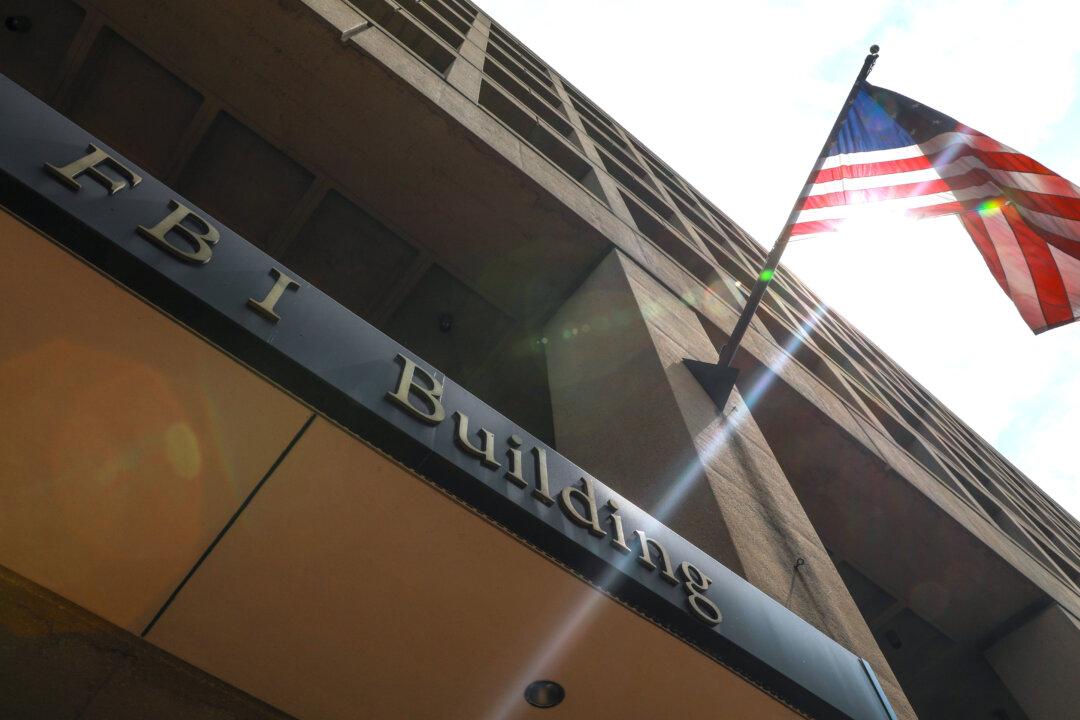Michael Kortan, the head of the FBI’s Office of Public Affairs until his retirement early in 2018, during his tenure accepted baseball tickets from reporters with CNN and The New York Times and lied about the gifts under oath, according to the Department of Justice (DOJ) Office of Inspector General (OIG).
Kortan accepted three tickets from a CNN correspondent for Major League Baseball games in May 2016 and September 2016, the OIG determined. He also accepted a playoff game ticket from a New York Times reporter in October 2014.





